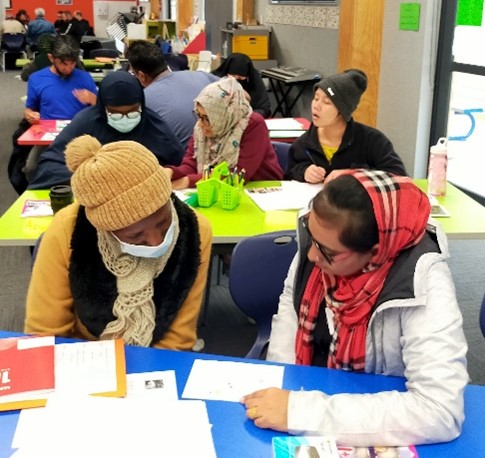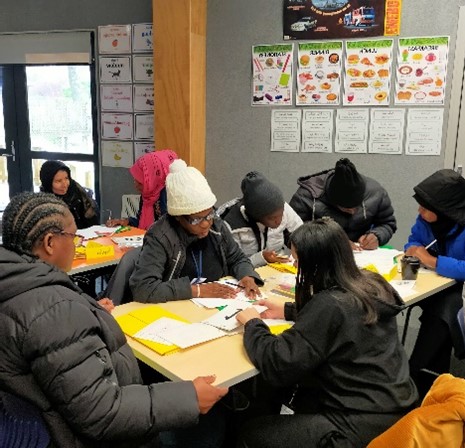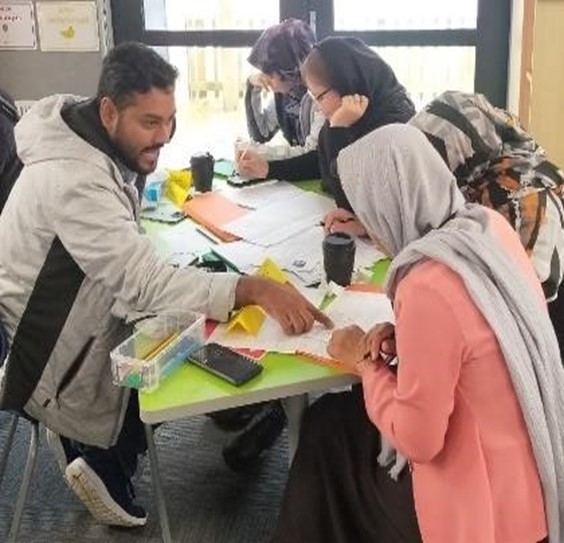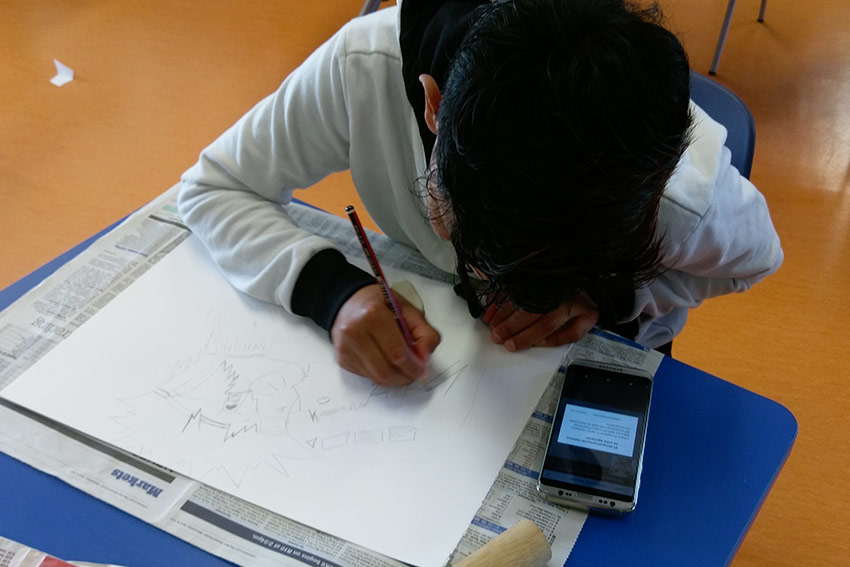Our programmes
The Refugee Education Centre offers English language classes to adults along with an introduction to schooling in New Zealand for primary and secondary school aged children. In addition to the English classes there is a weekly resettlement programme for the adults, which covers topics that help refugees prepare for life in New Zealand and assist with navigating the bureaucracy they will face when they leave the centre.
The teaching staff are all trained and qualified ESOL teachers and are registered with the Teaching Council of Aotearoa New Zealand. Permanent teaching staff are assisted by bi-lingual aides/interpreters, casual staff, volunteers and guest speakers.
Students are assessed in their first week to determine their English oral, reading, writing and numeracy levels. The main focus of the programmes is on improving these skills, however, social and creative development are also important components. The programmes seek to provide a supportive class atmosphere that acknowledges the refugee journey and strengthens independent learning strategies for a pathway towards autonomy.
Education sections at the Refugee Education Centre
There are four education sections, with special needs support available at all levels:
Licensed by the Ministry of Education, Te Tāhua o te Mātauranga, the modern, newly built early childhood centre embodies the philosophy and teaching practices of the New Zealand Early Childhood Curriculum, Te Whāriki, and aims to provide a learning environment based on child-initiated play and interests.
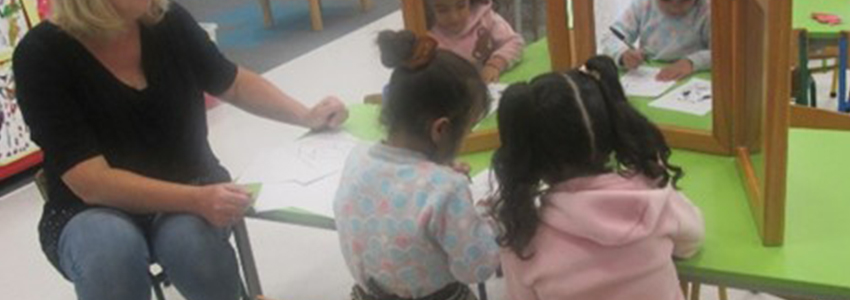
Children stay in the centre while their parents attend English classes.
The relationship between teachers, parents and children is vital in helping the children settle in, adapt to their new surroundings, and feel safe with unfamiliar people and activities.
In the primary classrooms, teachers prepare the children for mainstream schooling by developing their confidence to use English in a school context and familiarising them with the routines and curriculum areas they will encounter in a New Zealand classroom.
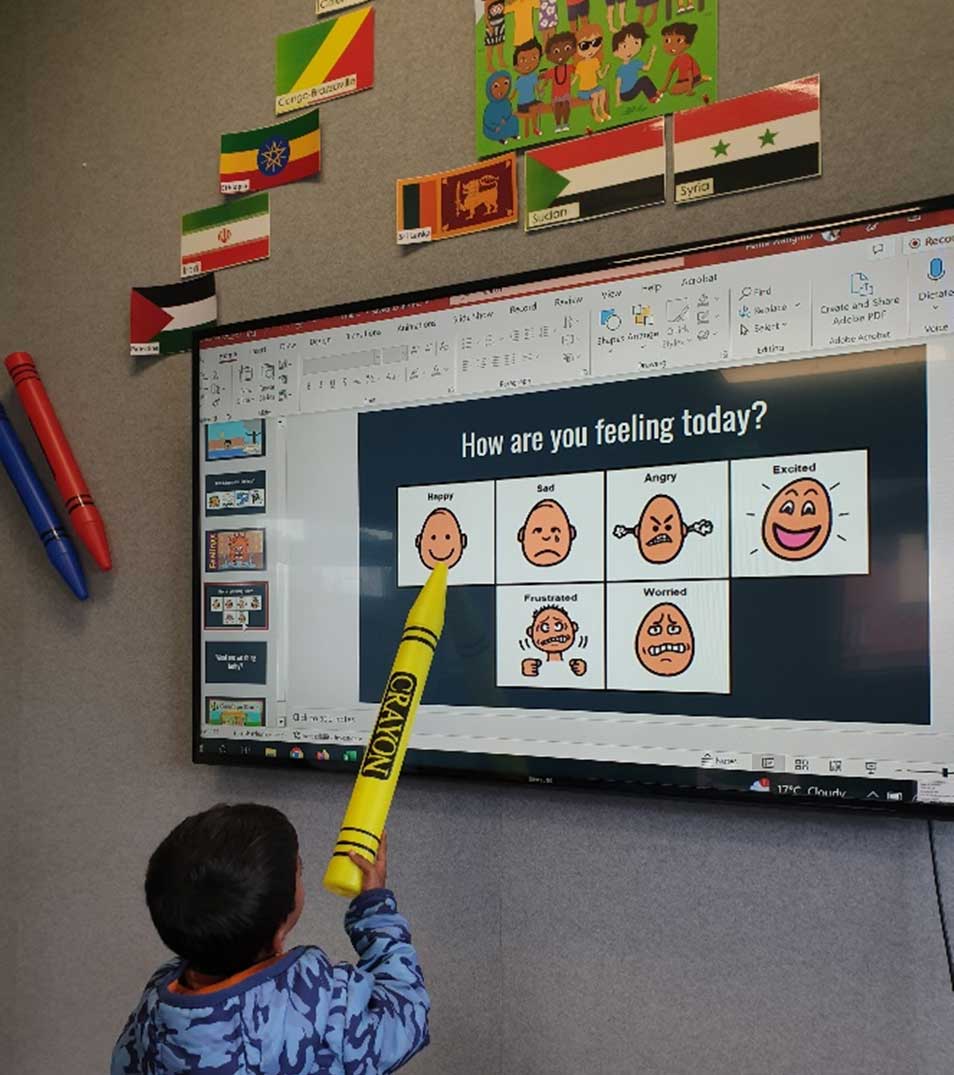
The teachers aim to foster the children’s independent learning habits, encouraging co-operative behaviour and teaching them coping skills. In this way they become better prepared for the acceptable social norms of New Zealand school environments.
In the secondary classrooms students are familiarised with the New Zealand secondary school curriculum and system and the expectations that will be placed on them once they enter a New Zealand school setting.
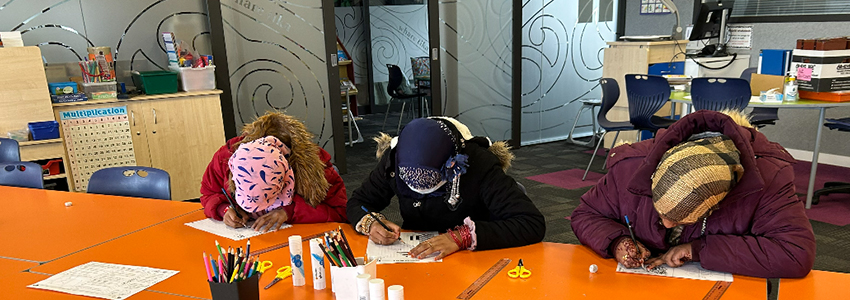
During the programme, the students spend a day in a large, local, multi-cultural, co-ed high school to deepen their experience and ease their transition into mainstream schools.
The adult education programme supports a range of needs in terms of language learning and literacy alongside preparation for resettlement in New Zealand.
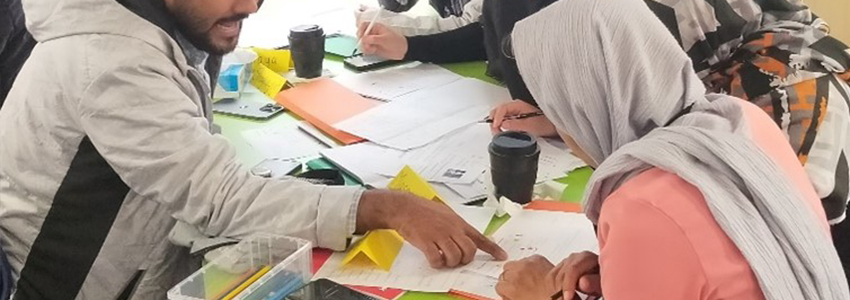
The main focus of the programme is English language development, which ranges from basic literacy tuition for those who have little previous education to high level English for those needing to enhance their English skills before they can retrain in their academic area or take on employment.
In addition, the bi-lingual, interactive resettlement programme assists students with the essential skills and information required to deal with the many institutions, services and bureaucratic situations they will face in order to successfully integrate into the wider New Zealand community. It is designed to both affirm existing knowledge and foster critical thinking skills.
Behold! The voice is so spiritual
It’s not frightening the people.
Beware the man with a dreadful strange spear
But, it’s not intended to harm anybody.
The scary big voice, an unknown tongue; It’s not rebuking others,
But, the warmest welcome to everyone, It’s so incredible!
I pine for no place in the world any more, For, this is heaven untold.
A poem about the pōwhiri by Frank from Myanmar

